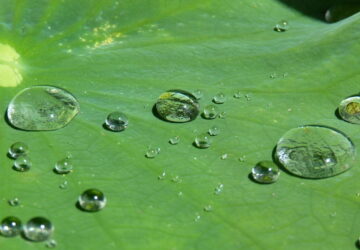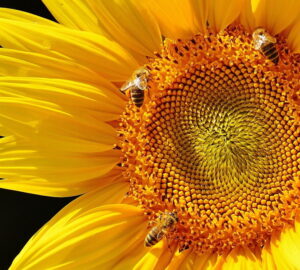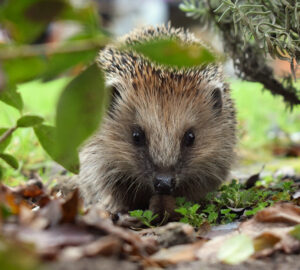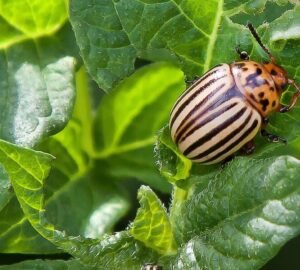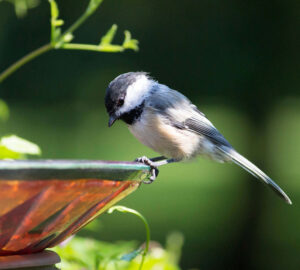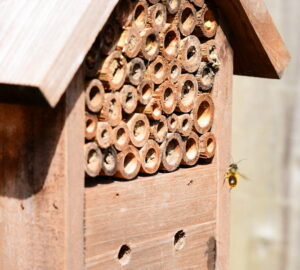Squirrels are fascinating creatures that, unlike hedgehogs or marmots, don’t hibernate during the winter months. They remain active and require a steady supply of food to survive the cold season. To ensure these little acrobats have enough to eat, many people choose to set up feeding stations in their backyards. In this article, we’ll explore the best ways to help squirrels during harsh winters, from the right food choices to feeder placement and maintenance.
The Winter Challenge
In preparation for the winter ahead, squirrels collect a diverse stockpile of food, such as walnuts, beechnuts and other fruits. They cleverly bury these treasures in the ground or stash them in tree hollows, forked branches or cracks in bark. However, in severe winters with frozen ground and heavy snow cover, finding these hidden caches can become nearly impossible. This is where your help comes in.
Choosing the Right Feeder
Squirrel feeders, designed specifically for these agile creatures, can be found in stores and online. Many of these feeders come with a convenient little terrace where squirrels can perch and dine comfortably. When setting up a feeder, it’s crucial to ensure it’s not too close to the ground. A height of about 2 meters (6.5 feet), such as on a tree trunk, is ideal. This elevation provides squirrels with a good vantage point to monitor their surroundings, making them less vulnerable to predators.
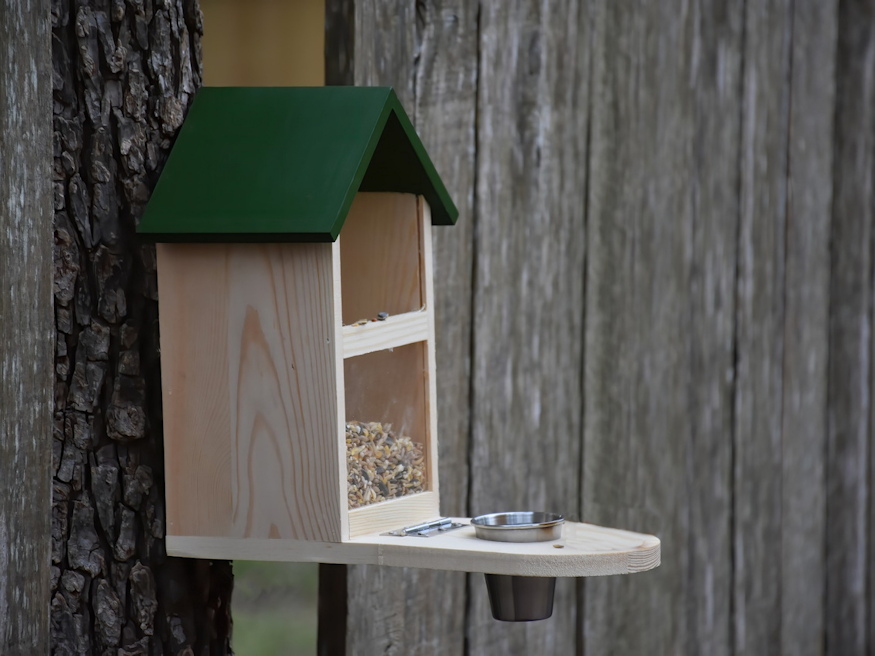
Selecting the Perfect Menu
Feeding squirrels is an act of kindness, but it’s equally important to offer them a nutritious and well-balanced diet. Consider these squirrel-friendly options:
- Whole, unsalted hazelnuts or walnuts: Squirrels adore these, especially when the nuts are cracked open to make them accessible even for young squirrels. These nuts are a great source of energy.
- Sweet chestnuts: These are a favorite among squirrels and provide essential carbohydrates to keep them energized.
- Sunflower seeds (still in their shells): Squirrels relish these seeds, which offer a boost of protein and healthy fats.
- Pumpkin seeds: These nutritious seeds are another delightful option for our furry friends.
- Sliced apples: Squirrels enjoy sliced apples for their hydration and a dose of essential vitamins.
- Grapes: In moderation, grapes can offer hydration and a touch of natural sweetness to their diet.
- Chopped carrots and cucumbers: These vegetables are excellent choices, contributing both nutrition and hydration to their diet.
However, it’s important to note that while the mentioned foods are generally safe for squirrels, it’s crucial to offer them in moderation and as part of a varied diet. Squirrels are opportunistic feeders and can adapt to a wide range of foods. Still, overfeeding them with a single type of food may not be optimal for their health. As for almonds, peanuts and corn, they are not considered harmful but are less preferred by squirrels compared to the options mentioned above. Squirrels may eat these foods if offered, but they are not their top choices. Providing a mix of the recommended foods can ensure a balanced and healthy diet for squirrels.
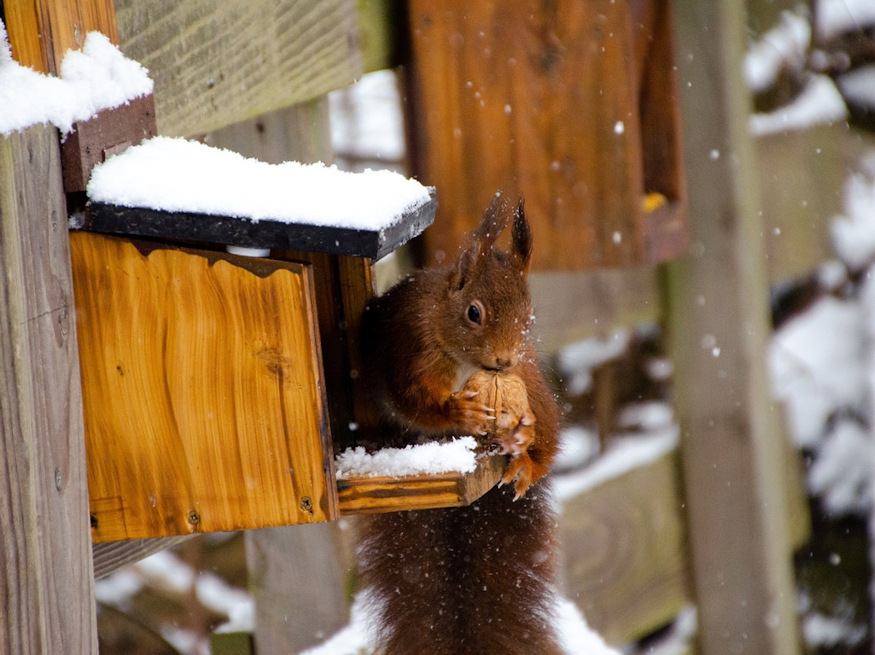
Feeding Frequency and Hygiene
To maintain a healthy balance, only feed squirrels one or two times a week, with longer breaks in between. This practice prevents the animals from becoming overly reliant on your generosity. Regularly cleaning the feeder is essential to prevent disease transmission among visiting squirrels.
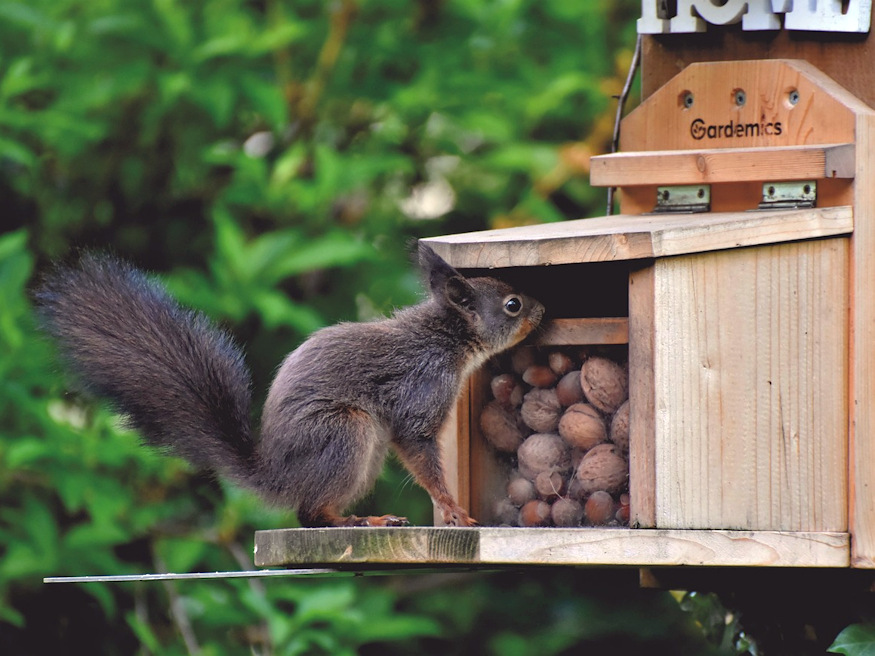
Avoiding Squirrel Standoffs
Squirrels are known to engage in fierce food-related confrontations. If you’re aware of multiple squirrels residing near your backyard, consider setting up separate feeders for each of them to minimize conflicts. Additionally, keep a watchful eye to ensure squirrels don’t raid your bird feeders.
Winter Nesting Habits
During the winter months, squirrels briefly leave their nests, constructed from leaves and branches, to forage for food. However, during storms and heavy snowfall, their foraging time is limited. They venture out quickly to the nearest food source and return to their nests, where they spend most of the day in a cozy slumber.
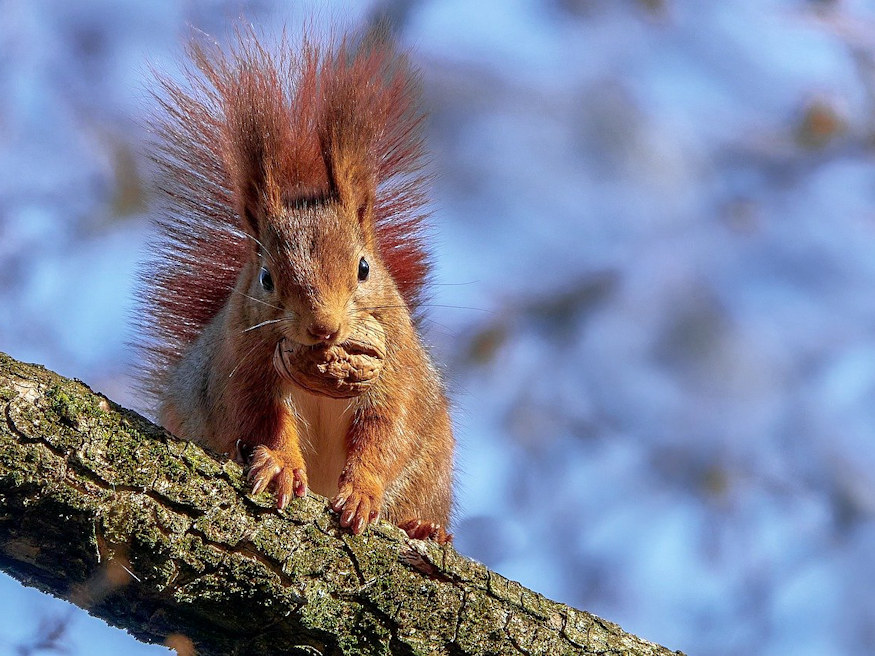
Lend a Hand, Make Their Winter Brighter
In conclusion, setting up a squirrel feeder in your backyard can make a significant difference in these critters’ lives during harsh winters. Providing the right food and maintaining the feeder properly ensures their well-being while allowing you to enjoy their playful antics. This winter, become a gracious host for your local squirrel community and witness their resilience in the face of adversity.

